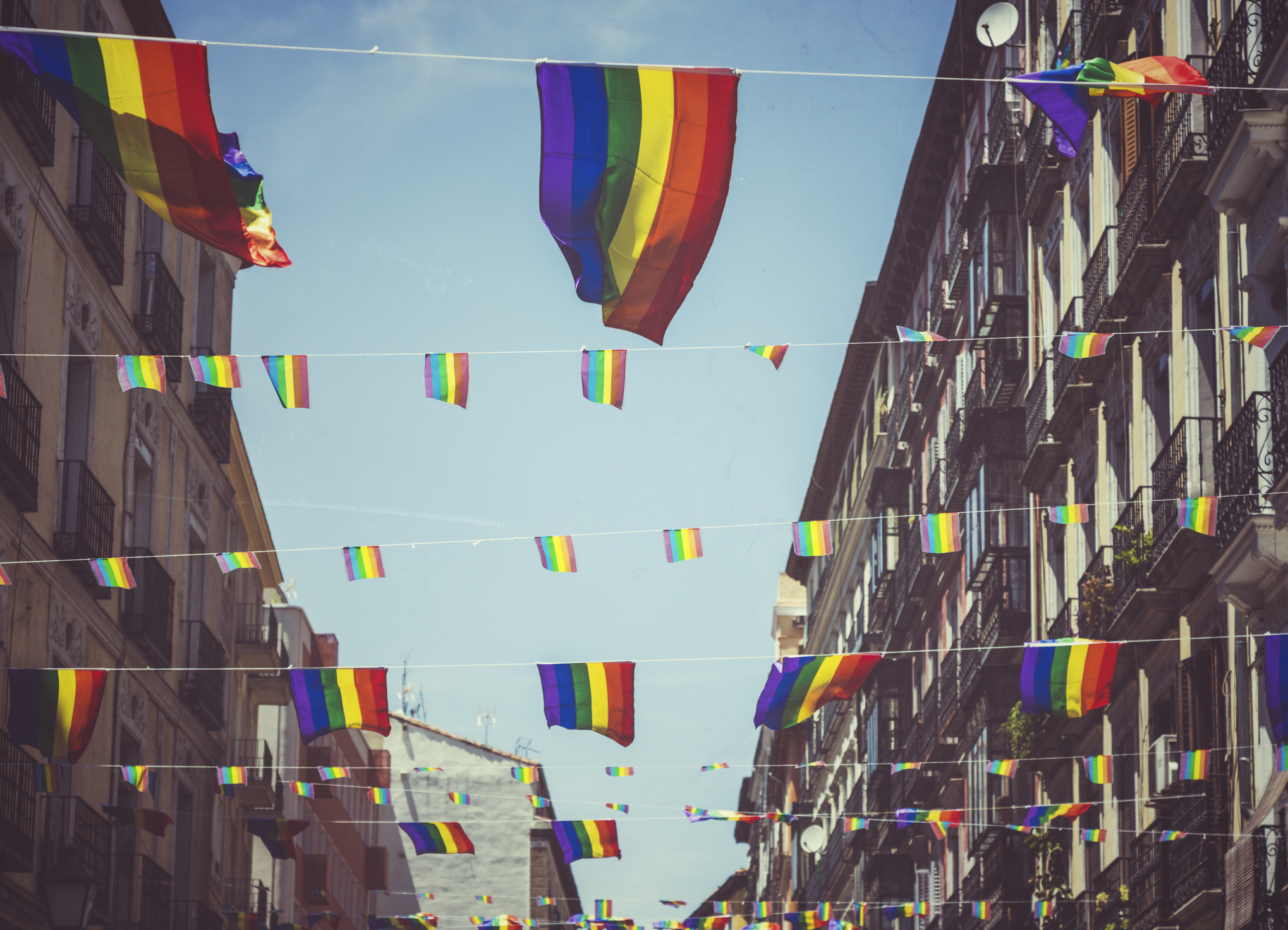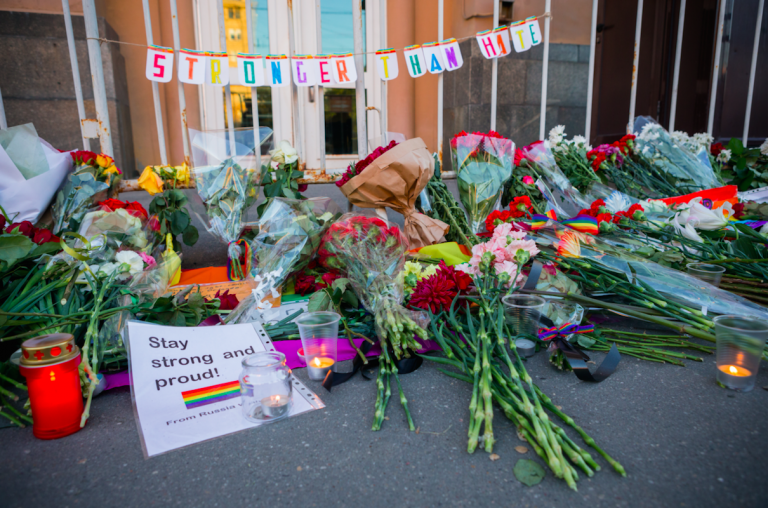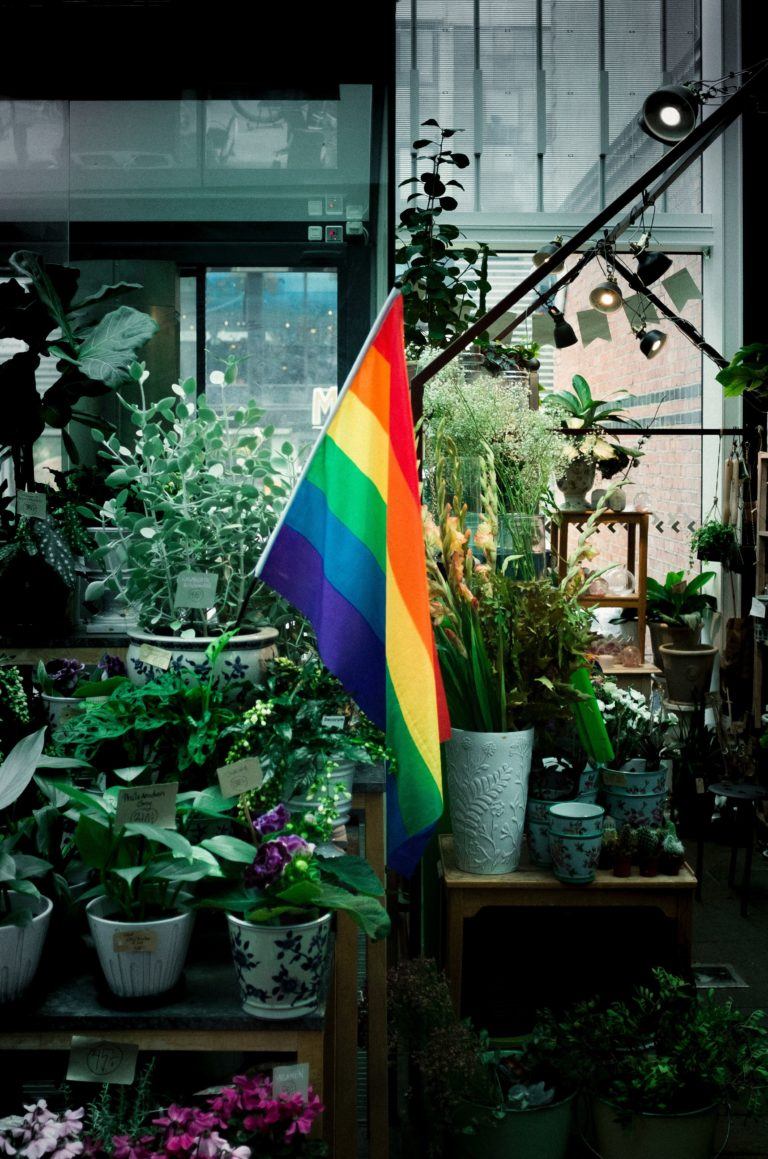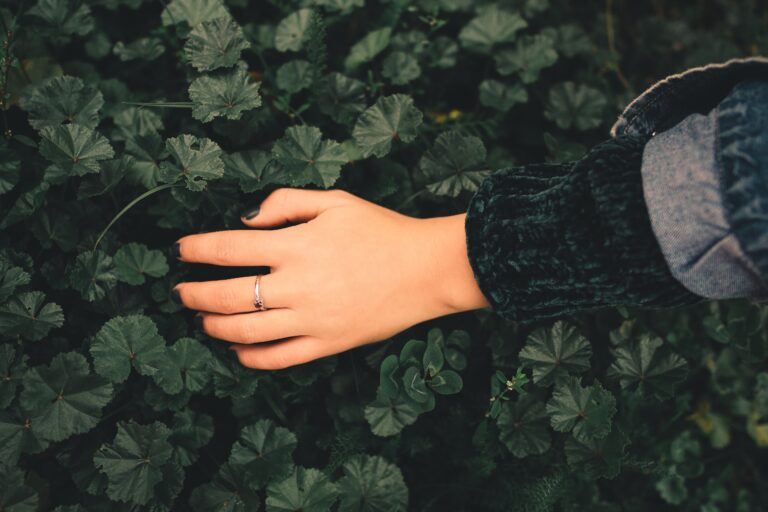In my years of experience working in the field of LGBTQ health, I’ve seen many positive changes in the health of our community. It has felt triumphant and inspiring to watch HIV become a largely manageable long-term illness rather than an inevitable death sentence. Marriage equality has been perhaps the most palpable hurdle in the struggle for equality. All of these beautiful milestones would have the greater population think that the LGBTQ community has finally “made it” into mainstream society and we can now let our fears dissipate into a distant memory. The personal stories, however, of many within our community paint a very different picture.
Shortly after the horrific Orlando shootings, my practice made a drastic shift. Anxiety, PTSD, depression and insomnia made up about 15% of my practice before the massacre. In the days, weeks, and months that followed this percentage shot up to well over 50% and has held steady at that percentage. The LGBTQ community experienced a collective trauma response that continues nearly one year later as our safety and future become even more uncertain.
Many of our community members face trauma triggers in everyday life from past experiences. Even though the big picture is getting brighter and brighter, many of us still carry pain with us from past bullying, discrimination, and violence. Emotional pain can affect more than just our mood. It can affect the way our internal organs work. Everything from digestive disorders to respiratory illness can be affected by how well we process emotional pain. The separation between emotional and physical health is an illusion. Each affects and informs the other.
Here are some considerations for dealing with the stress and anxiety that so many of us carry with us in our everyday lives
- Acupuncture can help regulate our stress and switch off “fight or flight” response. The Yinova Center is home to caring practitioners who respect and value diversity of all kinds.
- Eating for the season can do wonders for mood and can put your body in harmony with the natural world. An easy way to eat seasonally and locally is frequent your local farmers market.
- “Lights out, screens off”. When night falls, it’s best to limit our viewing of screens (whether it be tablet, phone, computer or television). Artificial light from screens can stimulate the photo-receptors in our eyes. This can affect our circadian rhythm which can in turn affect sleep and aggravate existing emotional stress.
- Consider a restorative practice such as meditation, kundalini yoga, or qi gong. More strenuous exercise can be useful, but restorative practices can provide balance in our busy urban lives.
- Consider getting involved with community groups hosted by one of the various LGBTQ community centers in NYC – Many of them offer support groups and other mental health related programming.
As our future continues to unfold, The Yinova Center is here to help you heal the past.




